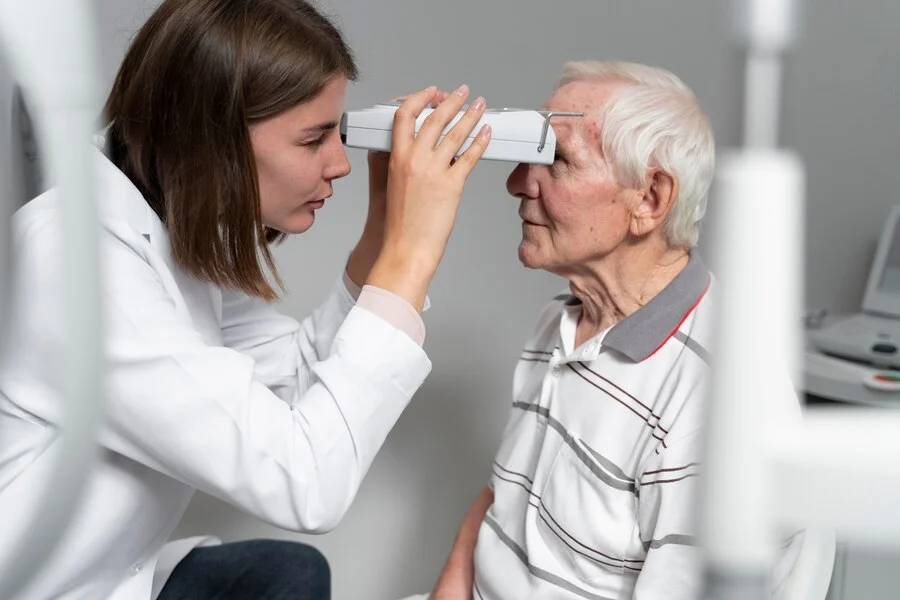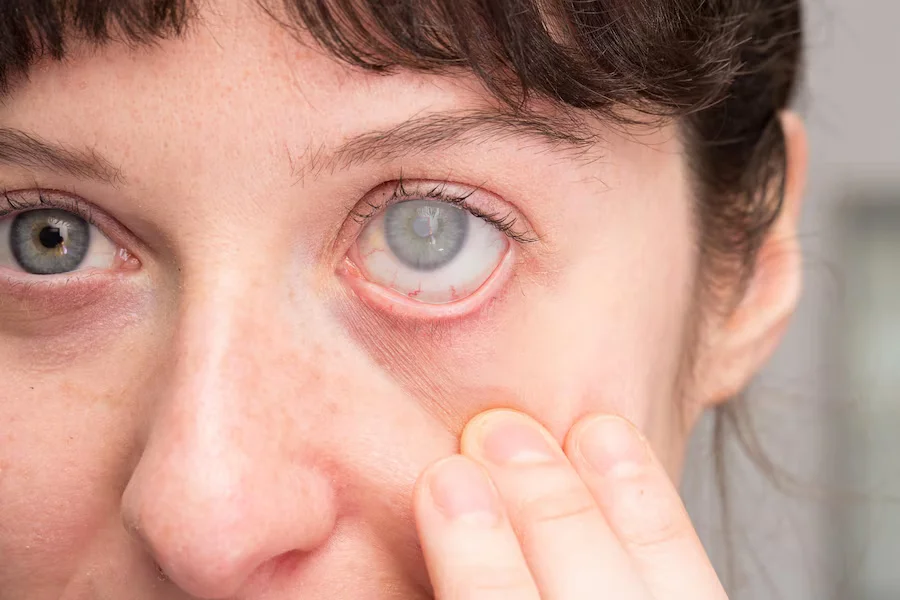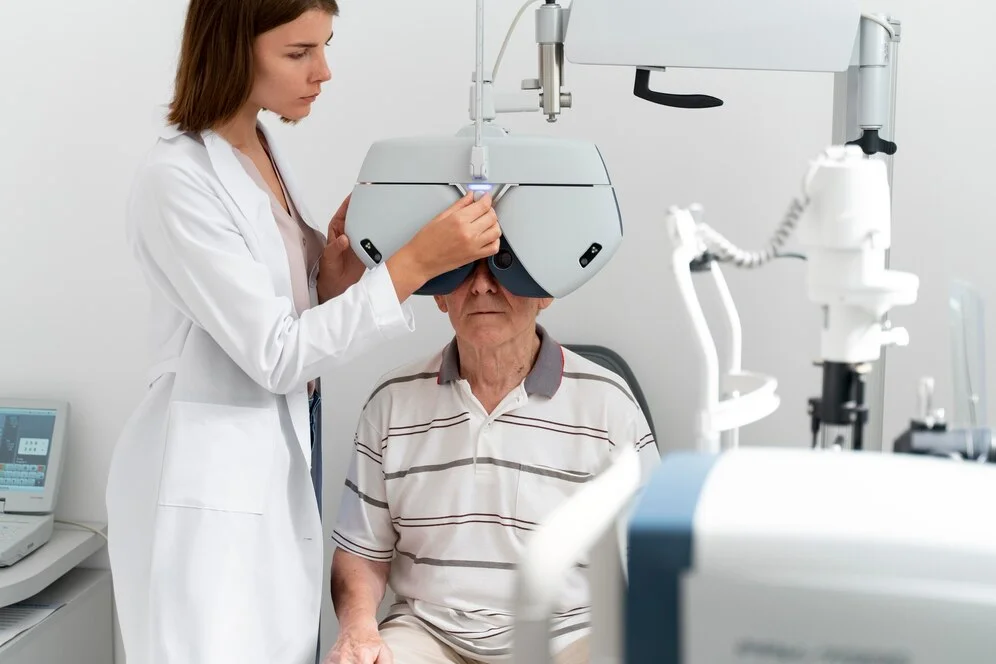Glaucoma and cataracts are both vision problems that can arise from various causes. Many of you may suffering from the several types of eye problems that make your everyday living worse.
Worry not!
A regular eye exam is important to keep our eyes healthy. You can schedule an eye appointment at Elite Eye Care, the best eye care clinic in New York if you have any concerns regarding your eyes.
In this post, we will discuss the difference between glaucoma and cataracts, and some treatment options.
Before going ahead let us understand what glaucoma is.

Glaucoma is an eye condition in which the optic nerve gets damaged. It is caused due to the increase of intra-ocular pressure inside the eyes.
Types of glaucoma
Chronic open-angle glaucoma: This is the most common condition caused by blocked drainage canals in the eyes.
Primary angle closure glaucoma: It is rare and has more severe signs, including eye pain and headaches.
Secondary glaucoma: It can be caused by other eye conditions and diseases.
Congenital glaucoma: A rare condition mostly affect child’s eye. Symptoms may include cloudy eyes and sensitivity to light.
What are cataracts?
In cataracts a person may feel cloudy and watery eyes, affecting the ability to see. This is typically caused by aging, but it can also be linked to diabetes or the side effects of steroid medication.
There are three distinct types of cataracts:
- Nuclear
- Cortical
- Subcapsular


What is the difference between glaucoma and cataracts?
Glaucoma and cataracts are different eye conditions that affect the distinct parts of the eyes. Glaucoma affects the optic nerve, while cataracts affect the lens. The treatment for both conditions is also different. To reduce eye pressure, experts provide eye drops or surgical treatment. On the other hand, cataract treatment mostly requires surgical methods to replace the cloudy eye lens, replace with an artificial one.
Another significant difference is that cataract-induced vision loss can be corrected with surgery, but unfortunately, this is not possible for people with glaucoma.
What are the similarities?
Glaucoma and cataracts are both common conditions that result in vision loss. Patients with diabetes have a higher chance of getting this eye problem. Another major difference in both conditions is that glaucoma occurs slowly or quickly depending on the signs, while cataracts develop over time.
Glaucoma and cataract risk factors
As mentioned earlier diabetes can increase the person’s risk regarding both eye conditions.
People of African heritage are four times more likely to get glaucoma than Europeans. People of Asian heritage tend to have a higher chance of developing low-tension glaucoma. This is where the optic nerve is injured despite low eye pressure.
The most prevalent type of glaucoma, COAG, can be inherited. If you or someone in your immediate family has the condition, you should get frequent eye exams.
Smoking, excessive alcohol use, long-term steroid usage, and previous eye trauma all raise your risk of acquiring cataracts.

When to visit an eye doctor?
If you are diagnosed with cataracts or glaucoma, you should consult your doctor about treatment as soon as possible. If cataracts are not treated, they can lead to further vision impairment and ultimately, blindness. Most patients with cataracts seek therapy when their vision loss impairs their quality of life or ability to conduct daily duties.
If glaucoma patients delay treatment, they risk losing their vision permanently. Early therapy is critical for preventing the illness from growing.
The bottom line
Glaucoma and cataracts are both common eye conditions that can lead to vision loss, but they affect various parts of the eye and have different treatments. Early detection and therapy are crucial for both situations. Here is a quick recap:
Glaucoma harms the optic nerve due to increased pressure in the eye. It is treated with eyedrops, medication, laser procedures, or surgery to lower eye pressure. Vision loss from glaucoma is irreversible.
Cataracts cloud the lens of the eye, causing blurry vision. Treatment usually includes surgery to replace the cloudy lens with an artificial one. Vision loss from cataracts can be reversed with surgery.
If you experience any vision problems, schedule an appointment at Elite Eye Care, the best eye care clinic in New York. Regular eye exams are essential for early detection and treatment of glaucoma and cataracts, helping you maintain healthy vision.
